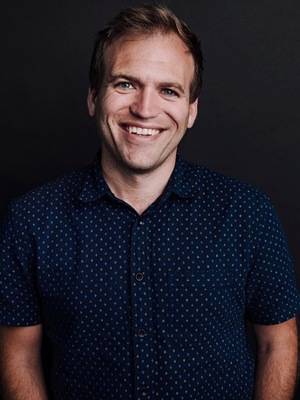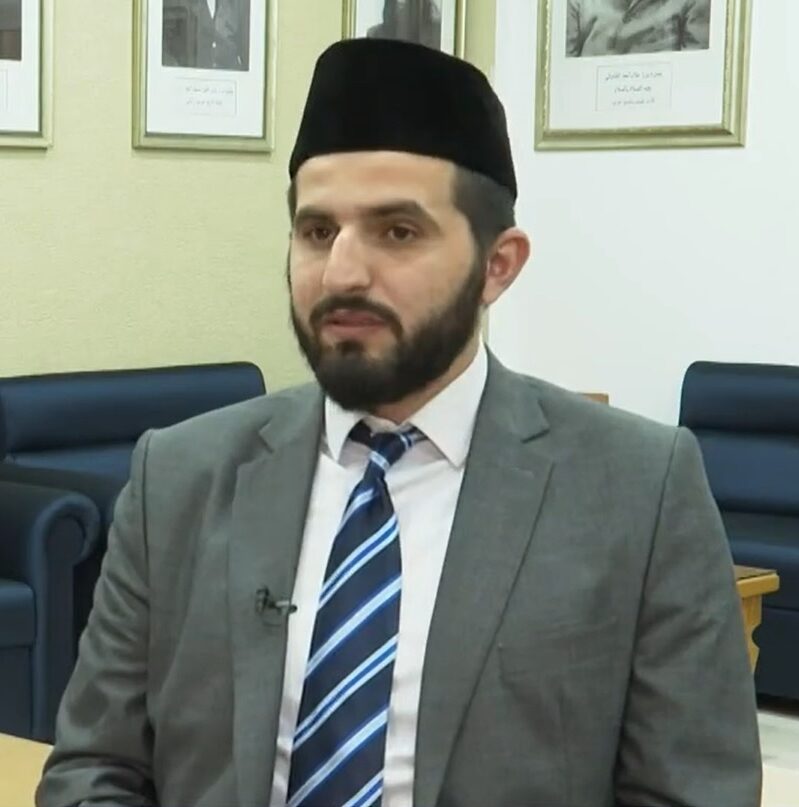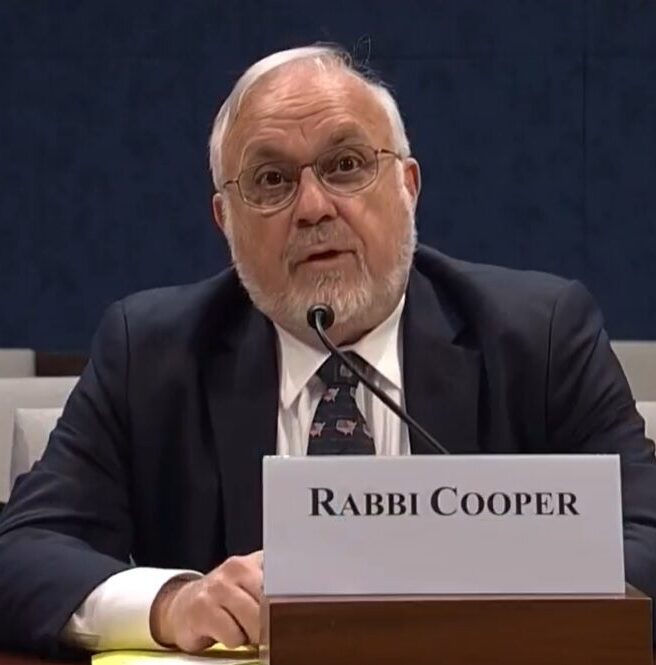Religious Leaders Discuss Countering Online Hate Speech as UN Observes Awareness Day
In the face of rising online hate speech, faith leaders urge stronger actions from social media companies on International Day for Countering Hate Speech.
In an effort to combat the growing trend of hate speech around the world, the United Nations has set aside Sunday as International Day for Countering Hate Speech—a day dedicated to raising awareness of this widespread issue.
To mark the day, The Media Line asked religious leaders of three Abrahamic faiths to weigh in on methods to counter hate speech in religious discourse.
Hate speech in religious discourse can take many different forms, and in the last several decades has found its way onto the internet.
Social media, of all types, has become a cesspool of hate speech, unlike anything we have seen in human history
“Social media, of all types, has become a cesspool of hate speech, unlike anything we have seen in human history,” Reverend Johnnie Moore, a commissioner for the United States Commission on International Religious Freedom, told The Media Line.
Social media use has seen a dramatic increase over the last decade. A report by Our World in Data found the portion of American adults who use social media increased from 5% in 2005 to 70% in 2019. That dramatic increase signaled a change in the way we speak with each other. Instead of hate speech exclusively spreading in real-world interactions, a new medium has allowed hateful discourse to fester largely unregulated.
“Unfortunately, social media companies are simply not doing enough to tackle hate speech at the root,” Imad Al-Masri, an Ahmadi Muslim imam, told The Media Line. “And although there are certain restrictions in place, people continue to find ways to spew their hate and get away with it.”
A study published in the Turkish Online Journal of Qualitative Inquiry found that anonymity on social media allows people to use hate speech more easily. When users are not required to put a name behind their statement, the amount of hate speech rises.
Give the gift of hope
We practice what we preach:
accurate, fearless journalism. But we can't do it alone.
- On the ground in Gaza, Syria, Israel, Egypt, Pakistan, and more
- Our program trained more than 100 journalists
- Calling out fake news and reporting real facts
- On the ground in Gaza, Syria, Israel, Egypt, Pakistan, and more
- Our program trained more than 100 journalists
- Calling out fake news and reporting real facts
Join us.
Support The Media Line. Save democracy.
This type of anonymous speech can be particularly harmful when it comes to religious discourse.
“If we continue to allow them unfettered access, online hate will continue to grow,” Rabbi Abraham Cooper, associate dean and director of Global Social Action Agenda for the Simon Wiesenthal Center, told The Media Line. “But companies, and if necessary, governments, can do a lot to limit the scope and the impact of that kind of stuff.”
Antisemitism is one form of religious discrimination that has sharply risen recently. A study by the Anti-Defamation League found a 36% increase in antisemitic incidents from 2021 to 2022.
“It starts with the Jews. It doesn’t end with the Jews,” Ambassador Deborah Lipstadt, the US special envoy to monitor and combat antisemitism, told The Media Line. “It is a danger to democracy and we’re hoping people recognize this and address it.”

Ambassador Deborah Lipstadt, the US special envoy to monitor and combat antisemitism, May 20, 2015. (Creative Commons)
Islamophobia has also become more prevalent on social media sites. A study published in the International Journal of Conflict and Violence found anti-Muslim hate speech was perceived as significantly more normalized in test subjects who spent time on social media than those who watched traditional media.
Imam Al-Masri says this type of speech is harmful to everyone.
“We have to be very careful about what we say, what we write, what we publish, and how we act in front of our children, for they will be the next leaders of society,” Al-Masri said.
When it comes to countering this type of hate speech, Reverend Moore suggests creating community with other religions.
“I’m working proactively to bring different people together with different perspectives from all around the world to foster a world where hate is rare,” Moore said. “This especially involves bringing together Jews, Christians, and Muslims in the Middle East and North Africa.”
Peacebuilding organizations such as Search for Common Ground suggest respecting religious differences while finding similarities is important in the process of countering hate speech.
“The greatest way to eradicate hate speech is to build trust,” Sharon Rosen, global director of religious engagement for Search for Common Ground, told The Media Line. “And the way you do that is you bring people together to communicate with one another, to break down barriers, to honor the dignity of the other.”
Rabbi Cooper further underscored the importance of working closely with others.
“When you create those kinds of friendships and interactions and working together, you’re going to be destroying those negative stereotypes,” Cooper said. “And then you’re going to find that you’re going to want to stand up for your neighbor when they need help, and vice versa.”
Hannah Levin is a student at Northwestern University and an intern in The Media Line’s Press and Policy Student Program. Patrick Doyle is a recent graduate of San Diego State University and an intern in The Media Line’s Press and Policy Student Program.






